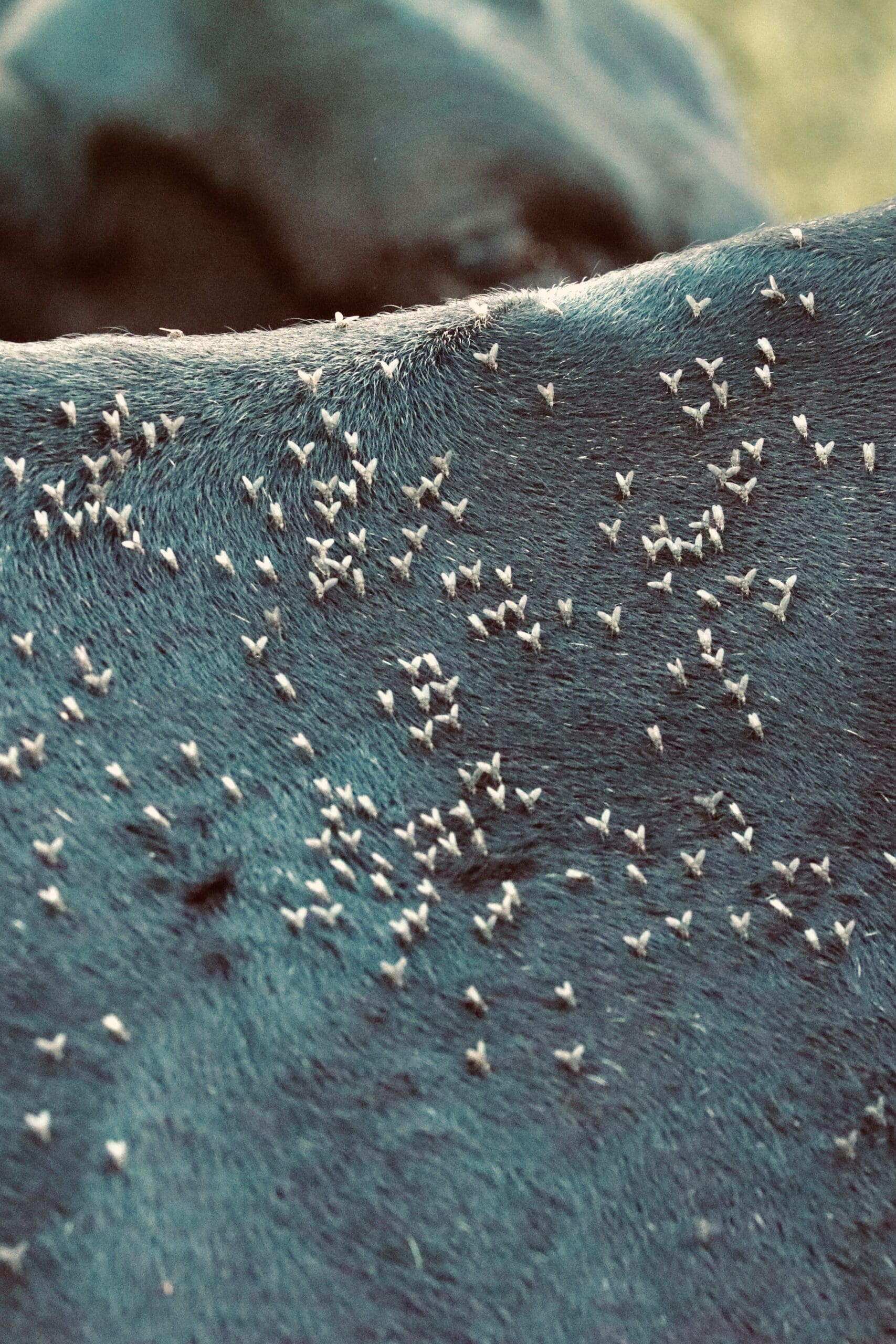
The three types of flies that plague cattle daily are horn, face, and stable flies. Some of these types can impact the cattle's health and even cause weight loss. "Extension livestock specialist Karl Hoppe advises ranchers to offer feed additives at least 30 days before fly emergence in late June or early July. Continuous use of these products may speed up resistance in the fly populations, he warns."
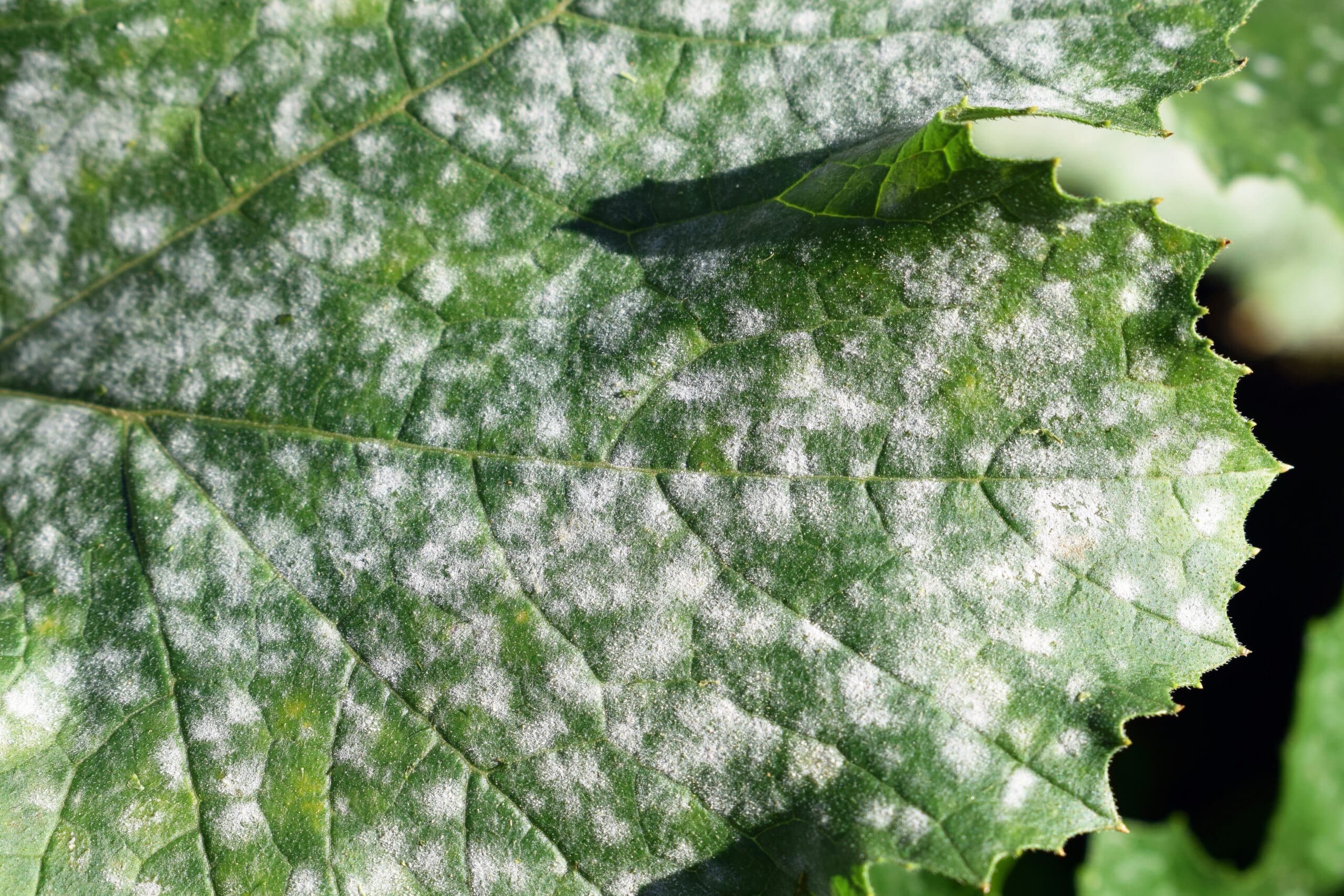
In early spring to summer, a white to grayish-white powder may start to appear on your azalea, blueberry, and squash plants. This could be powdery mildew and it is fairly harmless to your plants unless severe. It thrives in warm, humid conditions, and there are some non-chemical practices to avoid this pesky powder such as spacing your plants appropriately, regularly pruning branches, and making sure your plants that love the sun see...
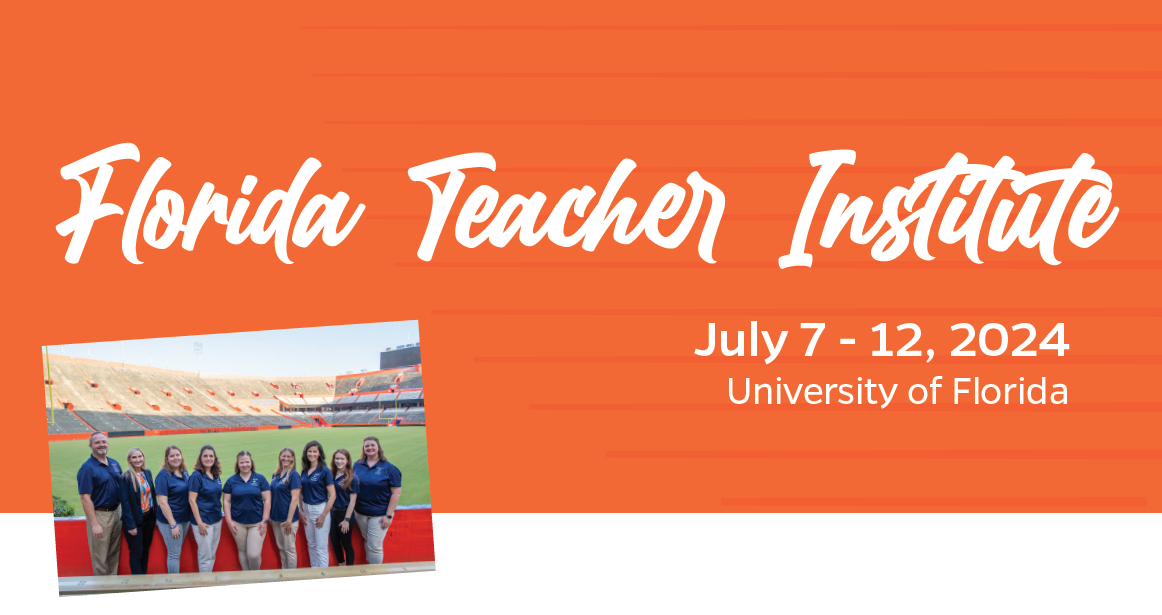
The Florida Teacher Institute (FTI) is a week-long program geared towards non-agricultural elementary, middle and high school teachers in Florida. This program is $450 and participants will visit UF/IFAS CALS locations, and find one standard/benchmark that they wish to teach. Applications are now open and can be found here:
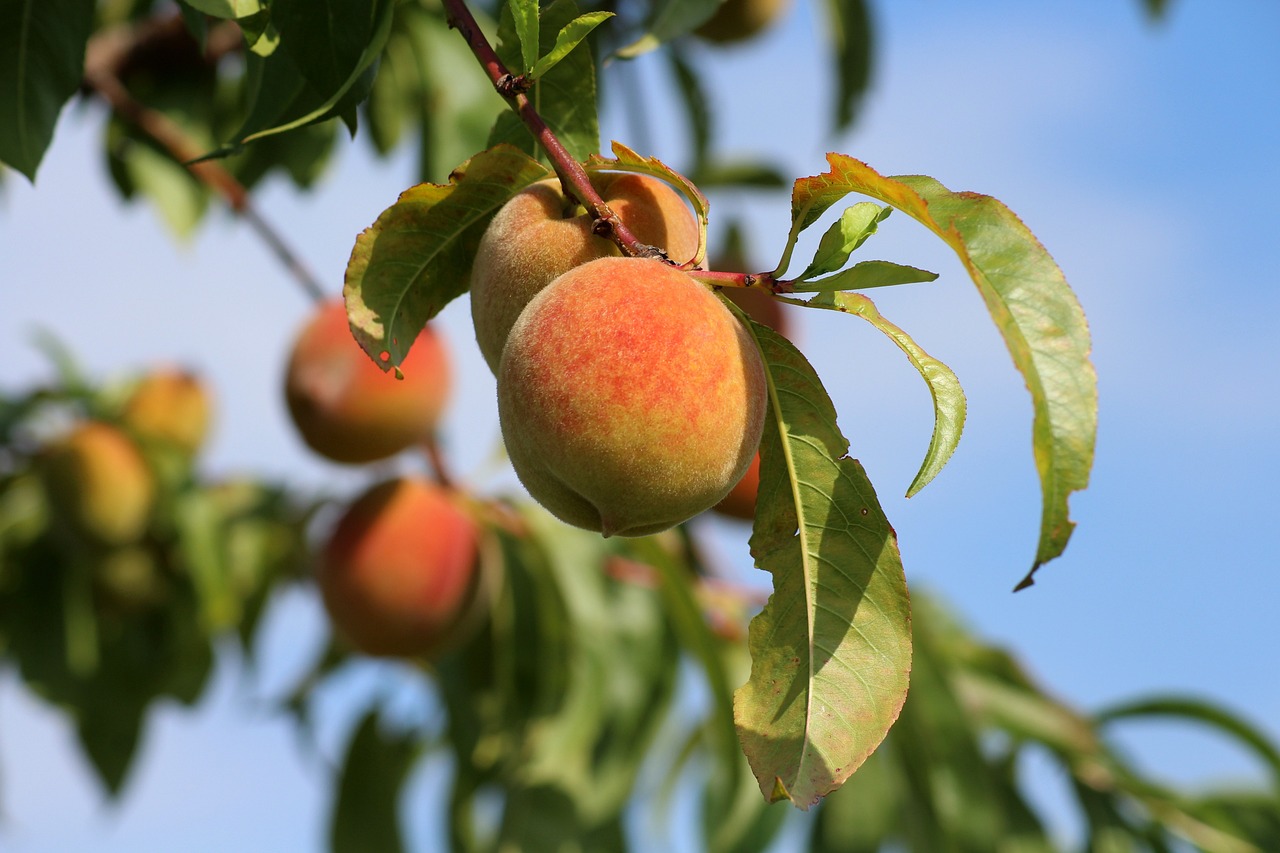
As citrus greening has moved into our state and made some drastic impacts on our citrus industry, some farmers are looking to planting peaches, like our northern neighbor, Georgia. Peaches are a difficult crop to grow here in Florida as these trees require periods of time where the temperature stays at 45 degrees or below. Us Floridians know, that can be extremely unpredictable to get these exact temperatures, so this poses a challenge to ramp...
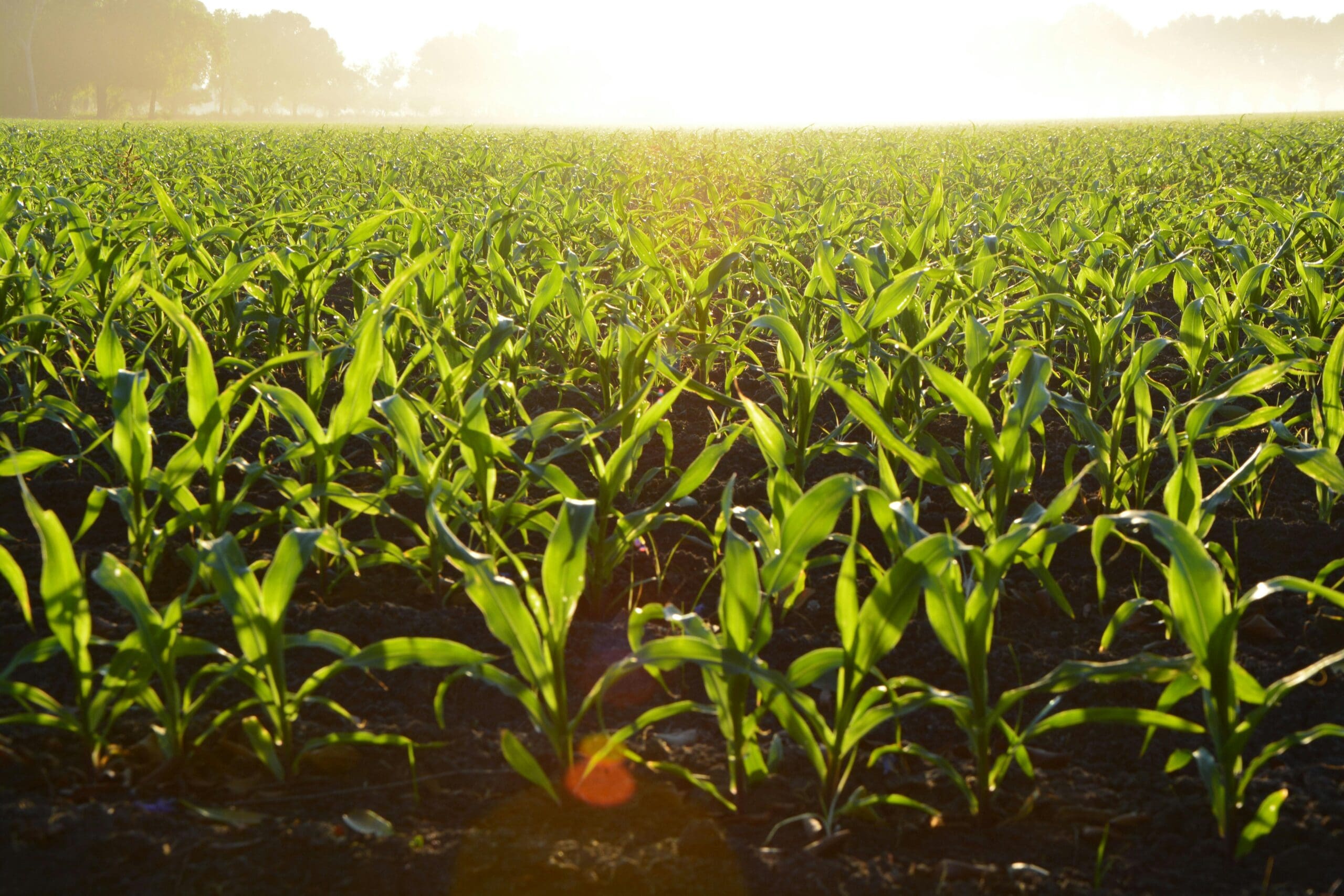
A survey from AgCareers.com showed that agricultural employers are working for employees with "problem solving skills" and "decision making skills". These were listed as the most important with "organization skills", "planning skills", and "teamwork" following. Some other skills that were examined for the success of the employee were sustainability, data science, and food science.
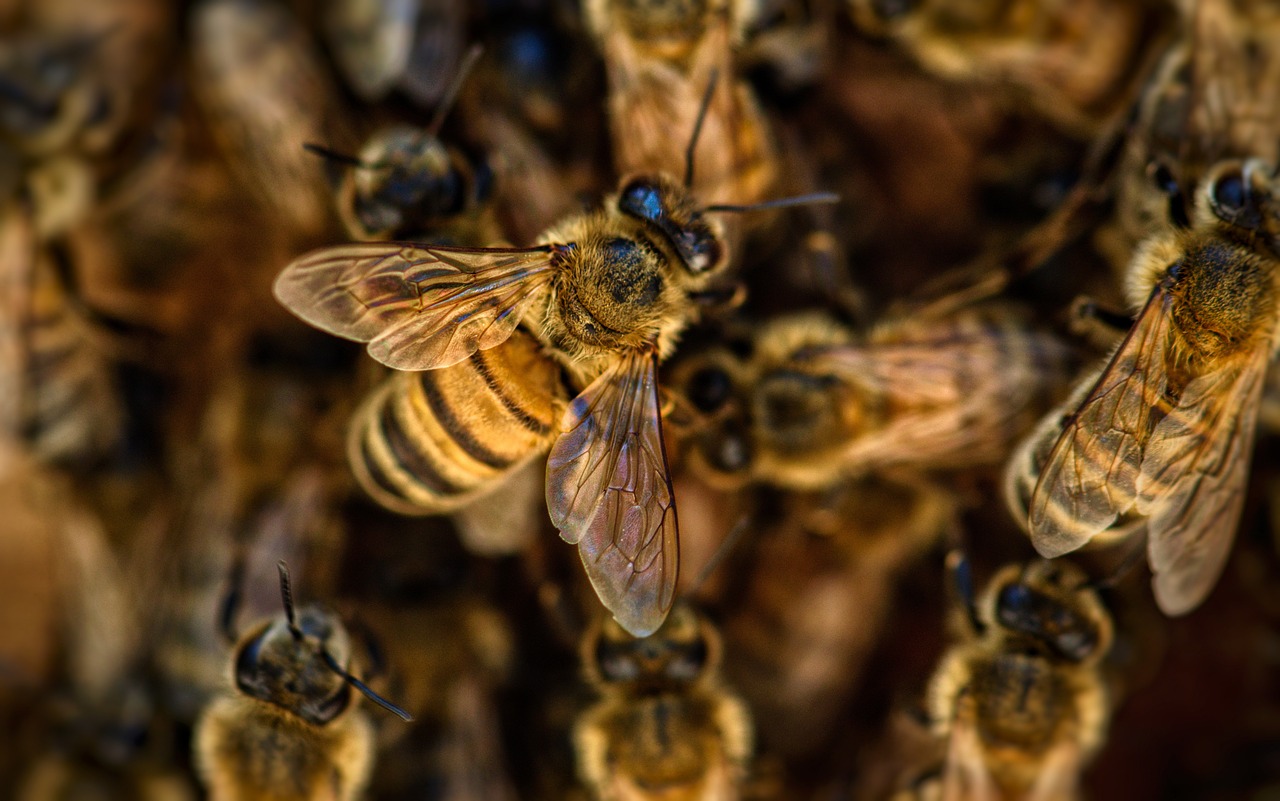
The United States Department of Agriculture (USDA) Agricultural Research Service (ARS) has developed an attack against Deformed Wing Virus (DWV) in Honeybees. DWV, along with other viruses, is responsible for millions of colonies dying worldwide, and it is vital to keep these Honeybees alive as they are an important piece of the agricultural industry.

Four $5,000 scholarships are available for high school seniors, graduates, or current college undergraduates residing and studying in the U.S. Purina and the Land O' Lakes Foundation have teamed up to give these students who have experience in agriculture and livestock production. Applications are open from March 18th through April 17th.
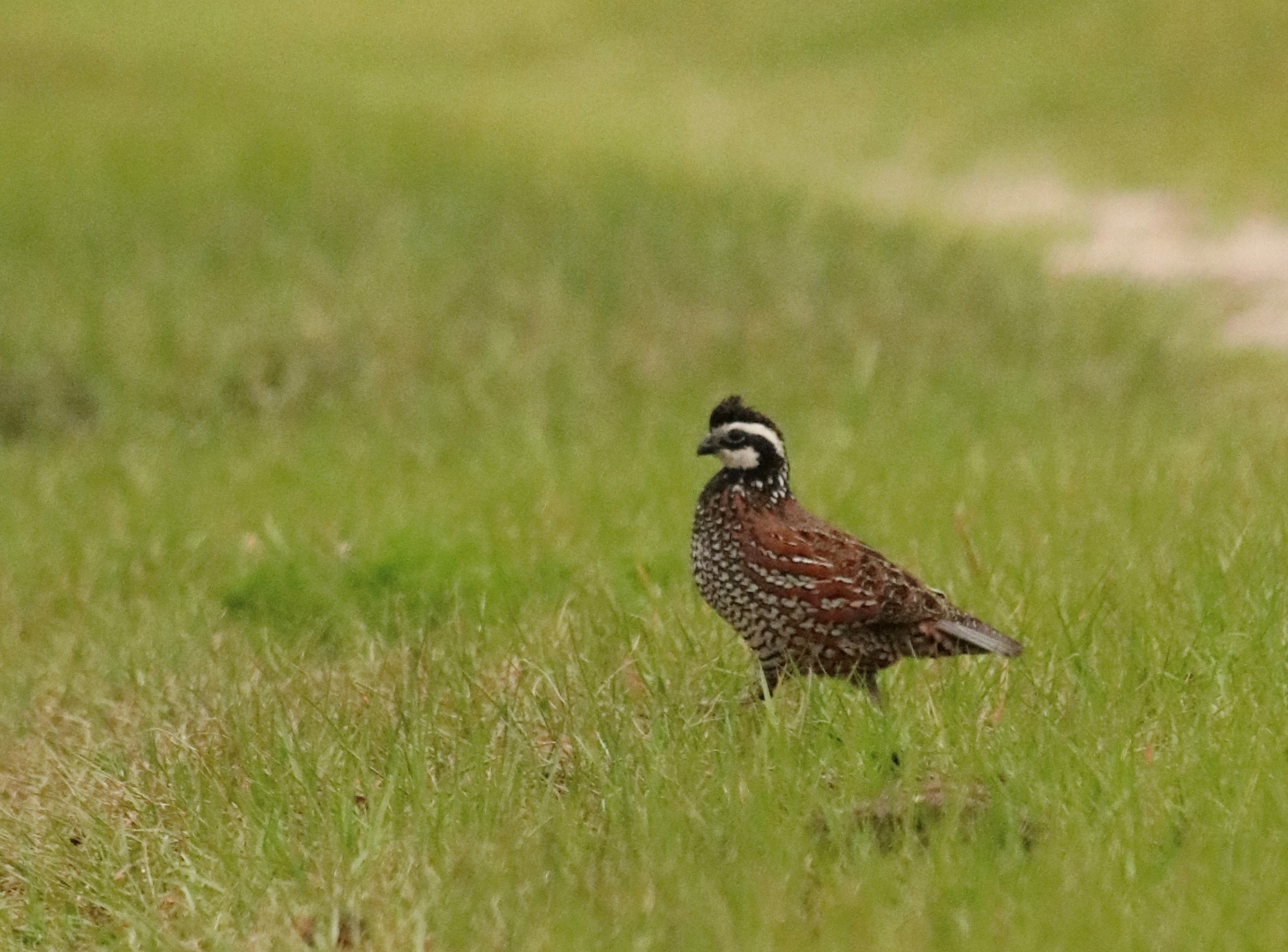
The United States Department of Agriculture (USDA) is starting a new conservation initiative, the Working Lands for Wildlife's Northern Bobwhite Pilot Project. This project was started to benefit the populations of Bobwhite quail and other game and non-game species on private working lands. Anyone interested in becoming involved in this project should contact USDA Natural Resources Conservation Service (NRCS).
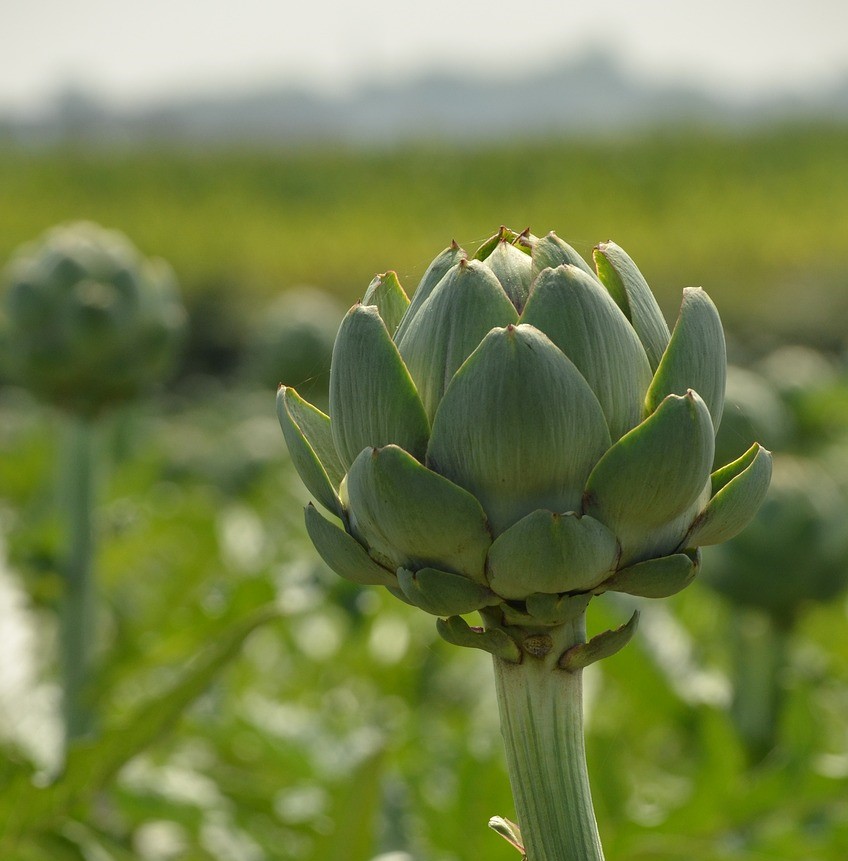
For an artichoke plant to form a bud, they must experience 200 to 1,300 hours of temperatures below 50 degrees Fahrenheit. Here in Florida, that poses a challenge to anyone wanting to grow these beautiful and tasty plants. Shinsuke Agehara, a University of Florida (UF) associate professor of horticultural sciences, has found that using gibberellic acid, a plant-growth hormone, can produce higher yields of the "Imperial Star" and "Green Queen"...
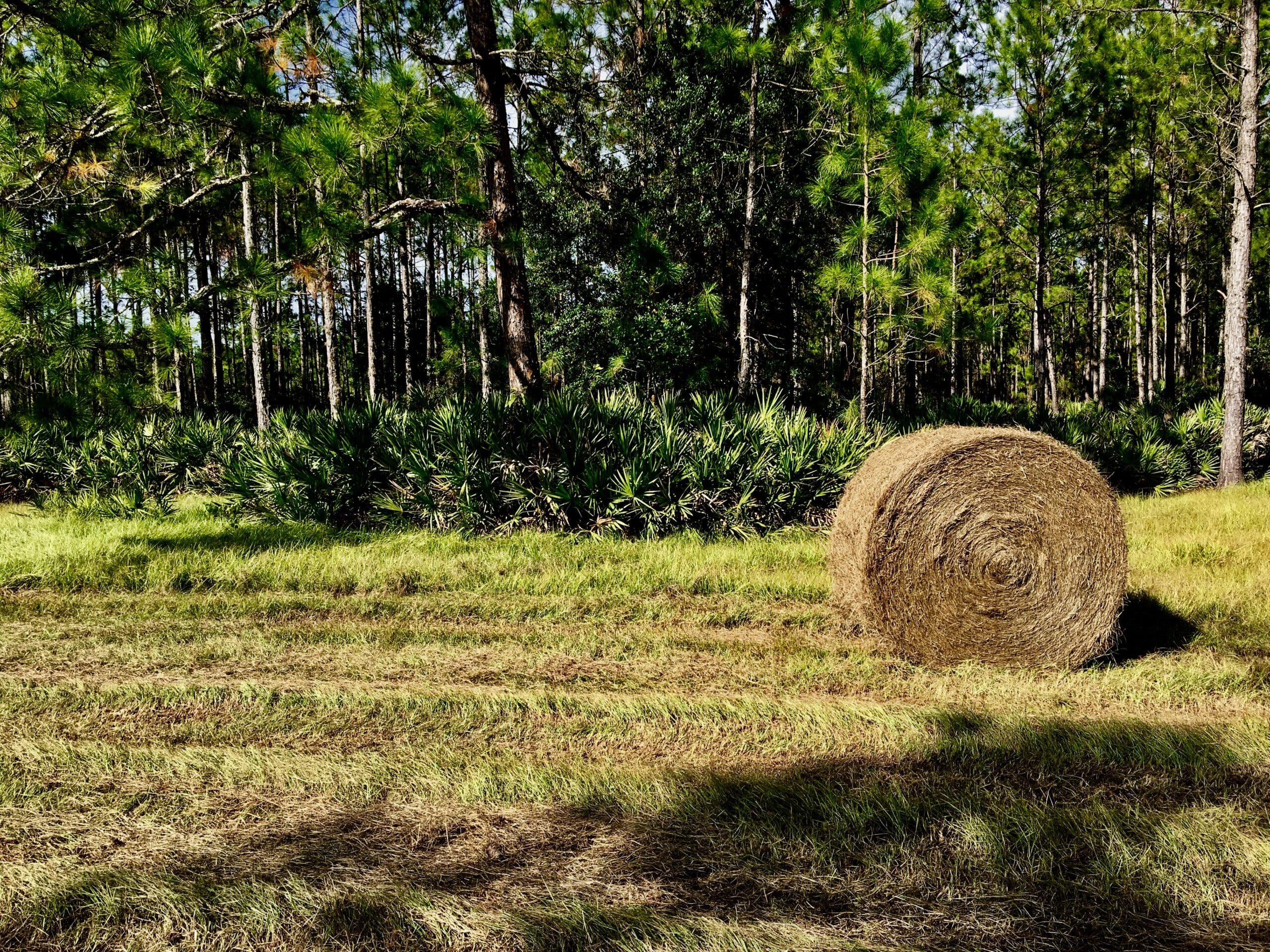
According to a new report from the United States Department of Agriculture's (USDA) Economic Research Service (ERS), a large majority of commodity production came from large scale family farms, with the largest percentage being 76% of dairy products. However, small family farms also contributed to this commodity production in 2022, with the largest contribution being 53% of hay production.










